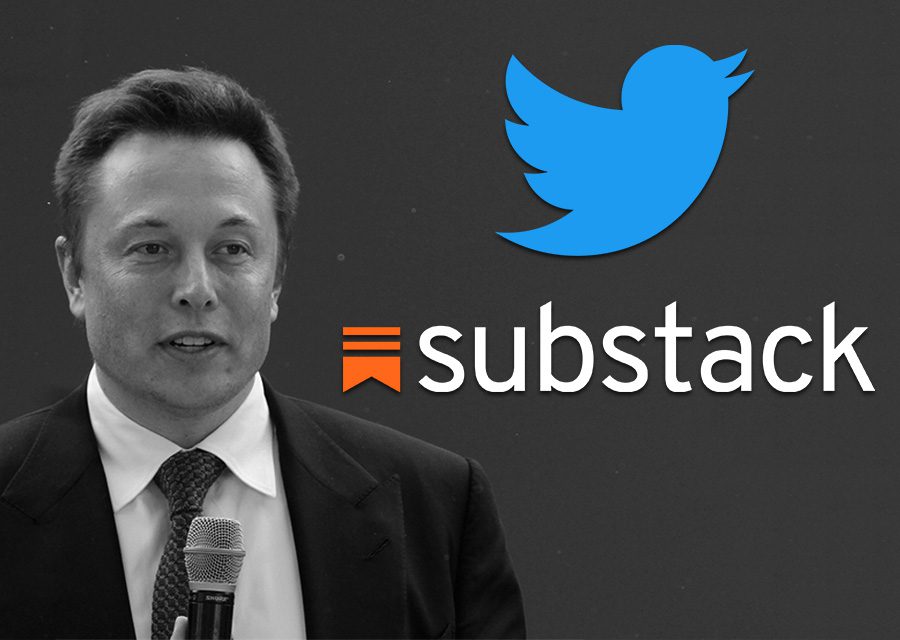In this article, we’ll explore the recent clash between Elon Musk and Matt Taibbi, a Substack writer involved in the “Twitter Files,” as well as the implications of Musk’s actions on the future of Twitter and Substack.
Key Takeaways:
- Elon Musk and Matt Taibbi engaged in a tense exchange over Twitter and Substack’s recent actions.
- Musk shared then deleted private DM conversations with Taibbi, raising concerns about privacy.
- The controversy began with Substack’s announcement of a Twitter-like product called “Notes.”
- Twitter began restricting Substack URLs, limiting the promotion of Substack writers’ work.
- Taibbi and Musk’s exchange reveals ongoing tension and unresolved issues.
The Origins of the Musk-Taibbi Dispute
The tension between Elon Musk and Matt Taibbi began with the publication of the “Twitter Files.” Taibbi, with access to inside information provided by Musk, released a series of articles aimed at exposing the inner workings of Twitter’s former leadership.
Despite Musk’s belief that the exposé would be groundbreaking, the situation between the two quickly took a turn for the worse.
Taibbi also runs Racket News, a popular Substack publication with over 362,000 subscribers.
In the midst of the “Twitter Files” release, Substack, an online platform for independent writers, announced its plans to launch a Twitter-like product called “Notes.”
Consequently, Twitter began restricting tweets containing Substack URLs, severely limiting Substack writers’ ability to promote their work on the platform.
Substack’s “Notes” Announcement and Twitter’s Response
Substack’s announcement of “Notes” was seen as a direct competitor to Twitter.
In response, Twitter started placing restrictions on Substack URLs, making it difficult for writers to share their work on the platform.
This move affected not only Taibbi but also numerous other Substack writers.
Taibbi claimed that he had been informed that the restrictions were due to a disagreement over the new Substack Notes platform.
However, the source of this information was never specified. He also mentioned that he intended to move to the Notes platform, further fueling the tension between him and Musk.
The Deleted DMs: A Peek into Musk and Taibbi’s Conversation
Amid the escalating situation, Elon Musk took the unusual step of posting a private direct message (DM) conversation between him and Matt Taibbi on Twitter.
The conversation, which was later deleted, appeared to show Taibbi explaining his relationship with Substack.
According to the messages, Taibbi explained that he wasn’t working for Substack. Instead, he was one of the first writers to be part of the “Substack Pro” program.
As a member of this program, he received an advance payment for a year and agreed to give Substack 85% of the revenue generated from subscriptions.
The deleted DMs raised eyebrows and further intensified the conflict.
While the content of the conversation was not particularly scandalous, it demonstrated Musk’s willingness to publicize what Taibbi likely assumed would be a private exchange.
Implications of Musk’s Actions on Privacy and Encryption
Musk’s decision to share his private conversation with Taibbi raises questions about the future of privacy and encryption on social media platforms.
As the owner of Twitter, Musk’s actions set a concerning precedent for users who value privacy in their online interactions.
Moreover, the incident highlights the potential pitfalls of the lack of encryption in Twitter’s DMs.
While Musk has previously expressed interest in implementing end-to-end encryption for Twitter DMs, his willingness to disclose private conversations undermines this effort.
Users may be less inclined to trust encrypted messaging if the platform’s owner can still choose to expose their private exchanges.
Conclusion
The unfolding drama between Elon Musk and Matt Taibbi offers a valuable lesson in the importance of privacy and trust in social media platforms.
As the situation continues to evolve, users must remain vigilant and cautious about their online interactions.
The incident serves as a reminder that, despite the potential benefits of encryption and privacy-focused features, the ultimate responsibility for protecting our private conversations lies with us, the users.
We must be aware of the risks associated with sharing sensitive information on these platforms, even in private messages, and exercise caution in our online interactions.
The evolving landscape of social media, along with the increasing influence of platform owners like Elon Musk, underscores the need for continued discussions surrounding privacy, encryption, and user trust in the digital age.
 Sections of this topic
Sections of this topic
















